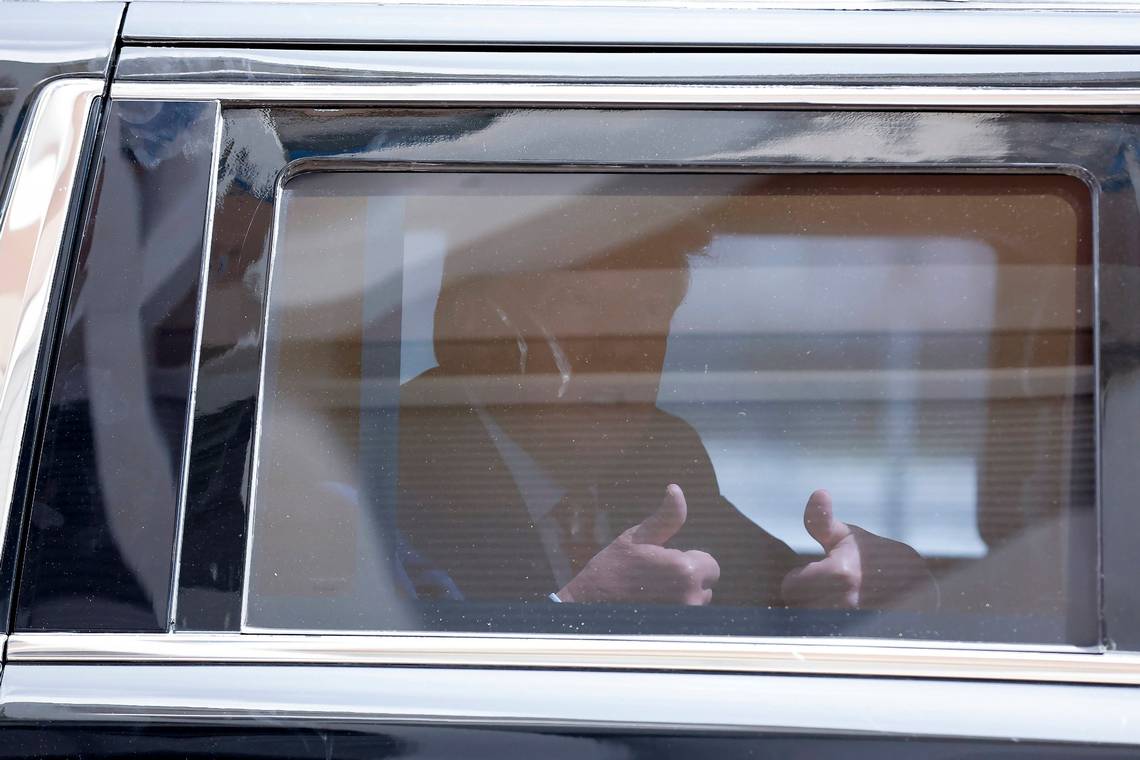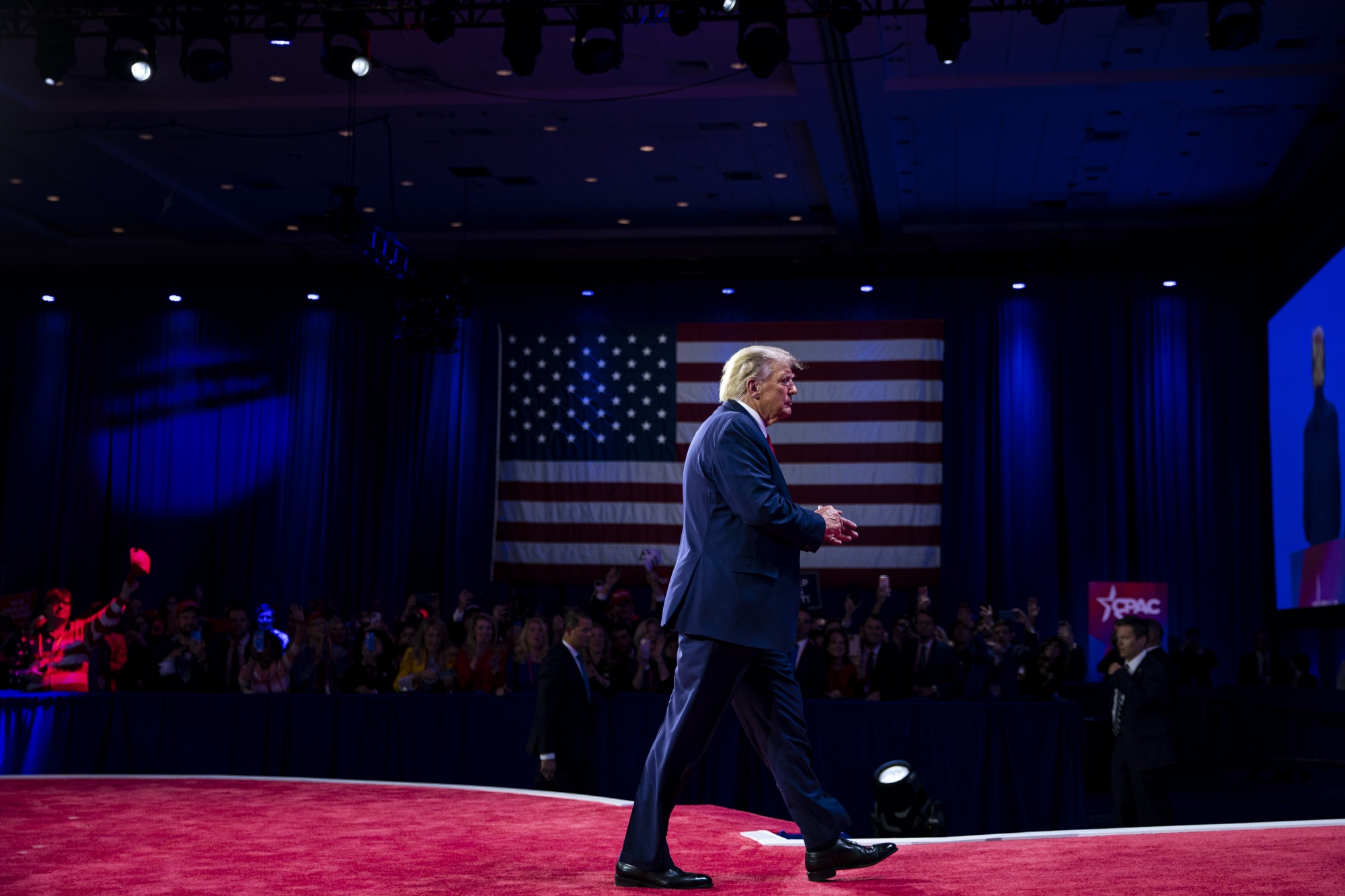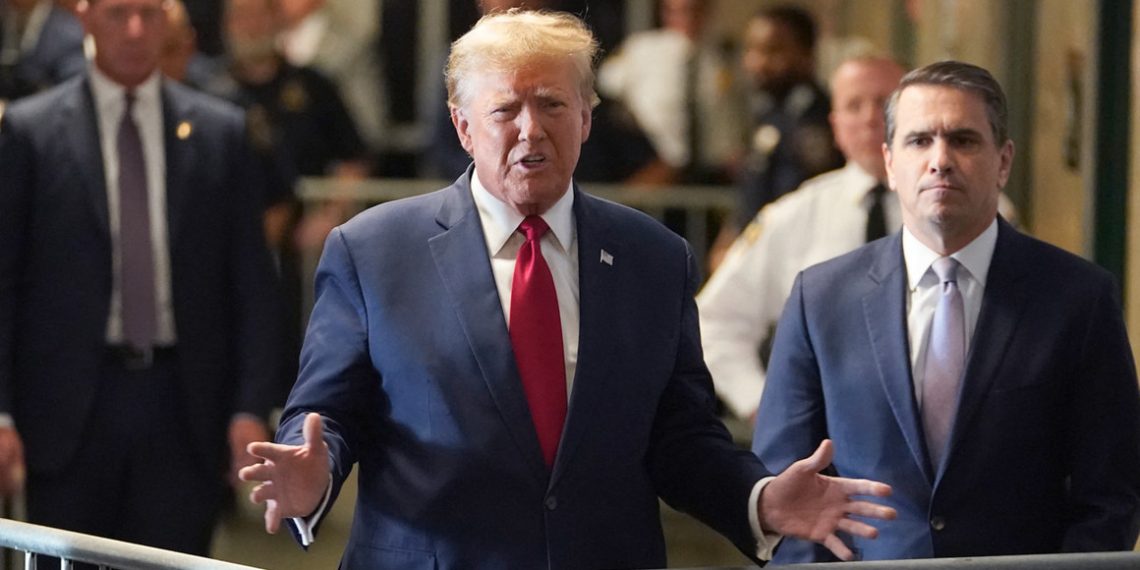Former President Donald Trump‘s bid to dismiss a criminal case against him has been denied by a federal judge, Aileen Cannon, in Florida. The case alleges that Trump unlawfully retained classified documents after leaving the White House.
Despite Trump’s lawyers arguing the charge’s vagueness, Judge Cannon ruled it warranted further examination but shouldn’t be dismissed outright. Trump, who has pleaded not guilty to the indictment’s 40 counts, faces a legal battle as he seeks a return to the White House.
During the hearing, Judge Cannon signaled skepticism toward Trump’s separate request to dismiss the case based on his assertion that the documents were personal, not government property.

She suggested this issue could be addressed during the trial rather than warranting dismissal. Trump’s legal maneuvers, including filing various motions, aim to influence his four criminal cases ahead of potential electoral prospects.
Successes in other cases have seen delays, such as a federal case paused as the Supreme Court considers presidential prosecution immunity and a Georgia state case clouded by a prosecutor’s conflict of interest.

Trump’s New York state trial, concerning hush money payments to a porn star, faces potential delays despite a scheduled March 25 start. The uncertainty surrounding trial timelines adds to the legal challenges Trump confronts as he navigates multiple legal battles.
His legal strategy encompasses both federal and state-level cases, with implications for his political future. The denial of his motion to dismiss underscores the ongoing legal scrutiny he faces, highlighting the complexity of his legal defense strategy.





